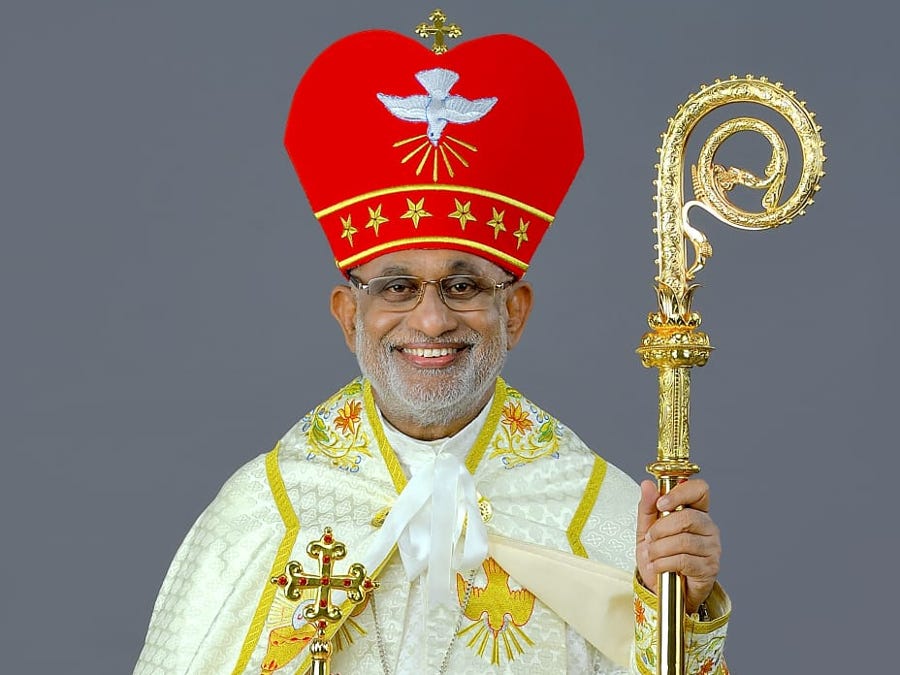Accept new liturgy, urges letter signed by new Syro-Malabar head
The letter has caused consternation in the archdiocese at the heart of the liturgy dispute.
Priests in the tinderbox Archeparchy of Ernakulam-Angamaly have been asked to read out a letter from the Syro-Malabar Church’s synod of bishops in their parishes Sunday calling for the acceptance of a new uniform liturgy.

The Jan. …
